
Kód: 04822596
History of Reasonableness
Autor Rick Kennedy
This book describes a lost tradition that can be called reasonableness. The tradition began with Aristotle, was recommended to Western education by Augustine, flourished in the schools of the Renaissance through the nineteenth cen ... celý popis
- Jazyk:
 Angličtina
Angličtina - Väzba: Pevná
- Počet strán: 288
Nakladateľ: Boydell & Brewer Ltd, 2004
- Viac informácií o knihe

152.36 €
Dostupnosť:
50 % šanca Máme informáciu, že by titul mohol byť dostupný. Na základe vašej objednávky sa ho pokúsime do 6 týždňov zabezpečiť.
Máme informáciu, že by titul mohol byť dostupný. Na základe vašej objednávky sa ho pokúsime do 6 týždňov zabezpečiť.Prehľadáme celý svet
Mohlo by sa vám tiež páčiť
-

Leviticus and Numbers
40.86 € -13 % -

Potters' Quarter
136.55 € -

Ancient and Medieval Traditions in the Exact Sciences
34.70 €
Darčekový poukaz: Radosť zaručená
- Darujte poukaz v ľubovoľnej hodnote, a my sa postaráme o zvyšok.
- Poukaz sa vzťahuje na všetky produkty v našej ponuke.
- Elektronický poukaz si vytlačíte z e-mailu a môžete ho ihneď darovať.
- Platnosť poukazu je 12 mesiacov od dátumu vystavenia.
Informovať o naskladnení knihy
Zadajte do formulára e-mailovú adresu a akonáhle knihu naskladníme, zašleme vám o tom správu. Postrážime všetko za vás.
Viac informácií o knihe History of Reasonableness
Nákupom získate 376 bodov
 Anotácia knihy
Anotácia knihy
This book describes a lost tradition that can be called reasonableness. The tradition began with Aristotle, was recommended to Western education by Augustine, flourished in the schools of the Renaissance through the nineteenth century, then got lost in the academic and philosophic shuffles of the twentieth century. Representative of the tradition is John Locke's story of a King of Siam who rejected reports of the existence of ice. The King would have had to risk too much trust in another man whom he did not know too well-a Dutch ambassador-in order to believe that elephants could walk on cold water. John Locke presented the story to encourage his readers to think about the responsibilities and risks entailed in what he called 'the gentle and fair ways of information.' The art of thinking is largely social. Popular textbook writers, such as Quintilian, Boethius, Philipp Melanchthon, John of St. Thomas, Antoine Arnauld, Thomas Reid, Isaac Watts, Richard Whately, William Hamilton, L. Susan Stebbings, and Max Black taught strategies of belief, trust, assent, and even submission as part of reasonableness. For over two thousand years testimony and authority were at the center of lively discussions about teaching the art of thinking. In the twentieth century, the tradition faltered largely due to Immanuel Kant's insistence that there should be no distinction between handling testimony and personal experience. This book recounts the history of a lively educational tradition and hopes to encourage its revival. Rick Kennedy, whose previous books and articles have been about Colonial American logic, mathematics, and science, is professor of History at the Point Loma Nazarene University.
 Parametre knihy
Parametre knihy
Zaradenie knihy Knihy po anglicky Humanities Philosophy
152.36 €
- Celý názov: History of Reasonableness
- Podnázov: Testimony and Authority in the Art of Thinking
- Autor: Rick Kennedy
- Jazyk:
 Angličtina
Angličtina - Väzba: Pevná
- Počet strán: 288
- EAN: 9781580461528
- ID: 04822596
- Nakladateľ: Boydell & Brewer Ltd
- Hmotnosť: 524 g
- Rozmery: 229 × 152 × 20 mm
- Dátum vydania: 26. August 2004
Obľúbené z iného súdka
-
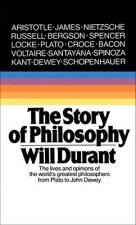
The Story of Philosophy
13.85 € -5 % -
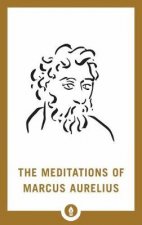
Meditations of Marcus Aurelius
13.13 € -10 % -
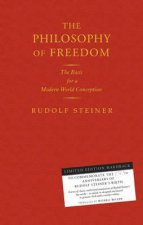
Philosophy of Freedom
32.64 € -16 % -
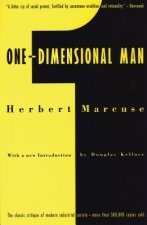
One-Dimensional Man
21.96 € -16 % -
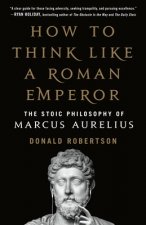
How to Think Like a Roman Emperor
19.81 € -

Thus Spoke Zarathustra - The Philosophy Classic
13.34 € -18 % -
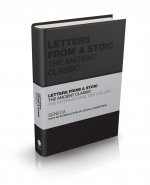
Letters from a Stoic - The Ancient Classic
12.72 € -23 % -

The Conspiracy Against the Human Race
16.11 € -15 % -

Built to Last
19.91 € -18 % -
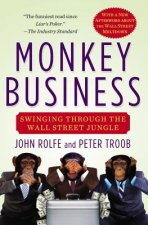
Monkey Business
15.29 € -23 % -

From Bacteria to Bach and Back
18.88 € -19 % -

Men Among the Ruins
21.24 € -19 % -

Calendar of Wisdom
22.68 € -23 % -

How the World Thinks
11.39 € -24 % -
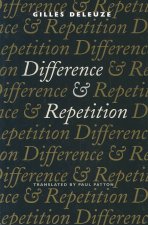
Difference and Repetition
27.82 € -2 % -

Musonius Rufus
17.44 € -

Omnibus Homo Sacer
117.86 € -
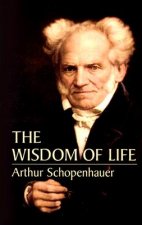
Wisdom of Life
9.03 € -4 % -

Integral Vision
11.49 € -20 % -
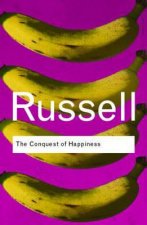
Conquest of Happiness
25.97 € -4 % -
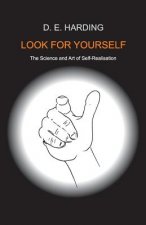
Look For Yourself
27.30 € -

Analysis of Immanuel Kant's Critique of Pure Reason
10.16 € -

Teachings of Don Juan
9.64 € -23 % -

I am That
41.37 € -

Aristotles Revenge
32.03 € -
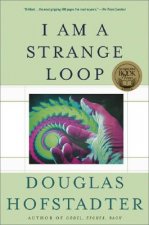
I Am a Strange Loop
18.78 € -20 % -
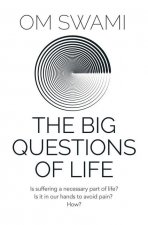
Big Questions of Life
13.13 € -2 % -

In Search of Being
23.40 € -20 % -

Nature
7.49 € -13 % -
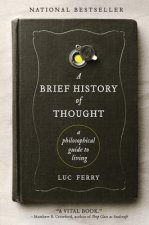
Brief History of Thought
16.73 € -14 % -

Nomadology - The War Machine
12.72 € -18 % -
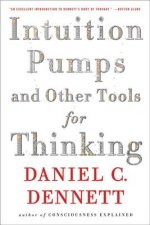
Intuition Pumps and Other Tools for Thinking
19.50 € -17 % -
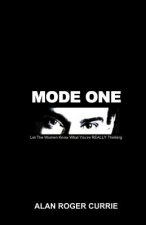
Mode One
26.07 € -

Escape from Evil
19.91 € -
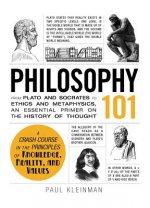
Philosophy 101
14.67 € -20 % -

Machiavelli: The Art of Teaching People What to Fear
17.96 € -8 % -

Religion of Tomorrow
29.77 € -18 % -
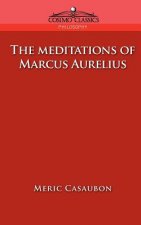
Meditations of Marcus Aurelius
14.57 € -

Mortal Questions
17.34 € -18 % -

From Intellect to Intuition
14.67 € -

Breaking Bad and Philosophy
22.89 € -19 % -

Contingency, Irony, and Solidarity
25.35 € -19 % -

Palliative Society - Pain Today
17.96 € -2 % -

Starry Speculative Corpse - Horror of Philosophy vol. 2
15.19 € -5 % -

Tentacles Longer Than Night: Horror of Philosophy
17.03 € -16 % -

Hyperculture: Culture and Globalisation
17.14 € -
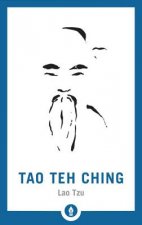
Tao Teh Ching
11.49 € -20 % -
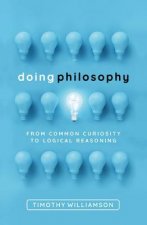
Doing Philosophy
17.34 € -18 % -
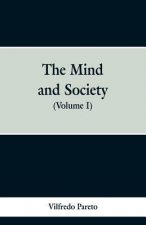
Mind and Society
20.11 €
Osobný odber Bratislava a 2642 dalších
Copyright ©2008-24 najlacnejsie-knihy.sk Všetky práva vyhradenéSúkromieCookies


 21 miliónov titulov
21 miliónov titulov Vrátenie do mesiaca
Vrátenie do mesiaca 02/210 210 99 (8-15.30h)
02/210 210 99 (8-15.30h)